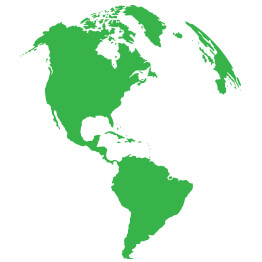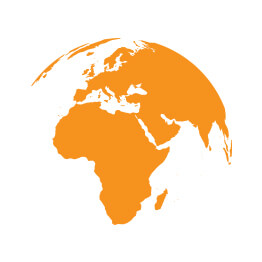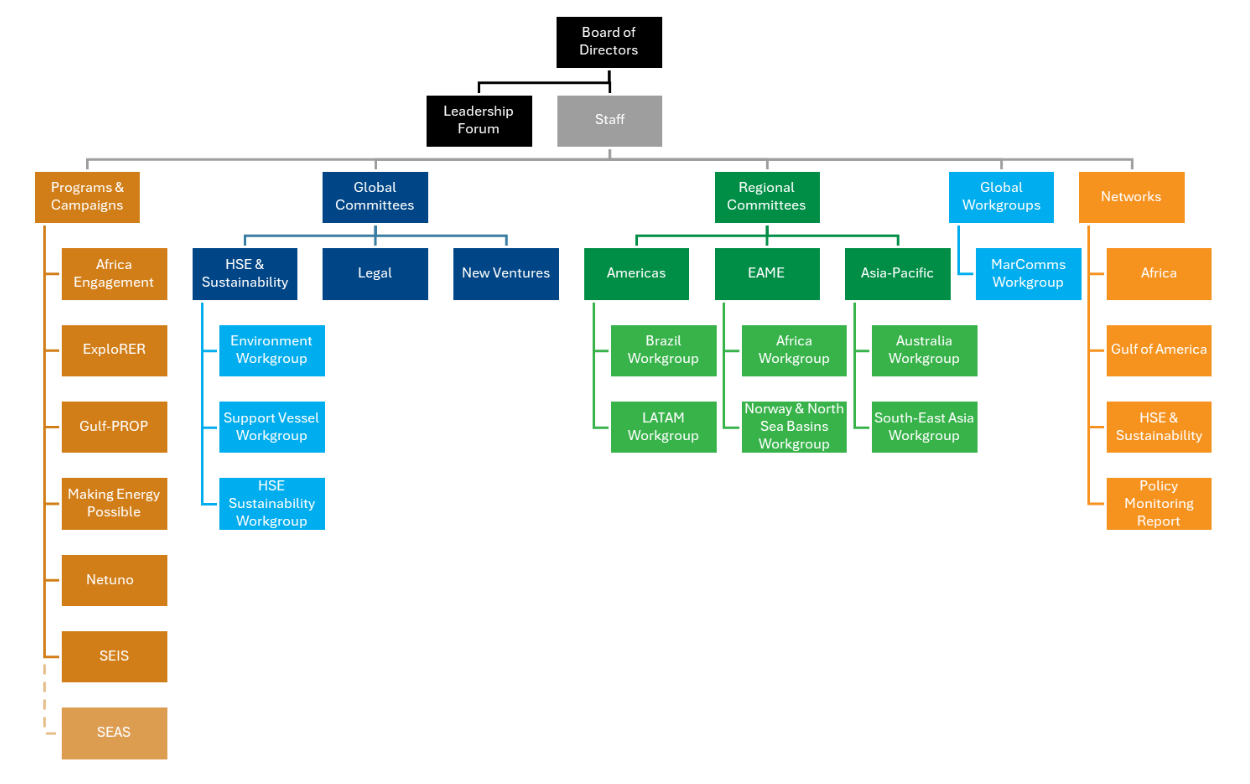EnerGeo Alliance Organization
EnerGeo Alliance provides strategic global regulatory and public engagement for the energy geoscience and exploration industry through standing global and regional committees and workgroups. The committees are chaired by Governing Member Companies and guided by priorities set by the Board of Directors. Workgroups are setup to address specific issues.
Global New Ventures Committee
Provides input and guidance on EnerGeo Alliance’s position and strategies regarding access to acreage globally for the acquisition of geoscience data for all sources of energy and low carbon solutions.
Global Legal Committee
Provides recommendations and oversight for legal actions in response to final regulatory initiatives and other issues, as needed and provides broad input and advice on issues and projects with legal implications, including review and update of EnerGeo Alliance’s anti-trust and competition policies.
Global HSE & Sustainability Committee
Provides input and guidance on EnerGeo Alliance’s positions and strategies regarding health, safety, environment and sustainability issues impacting the energy geoscience and exploration industry, identifies and promotes the use of best practices, and establishes HSE & Sustainability standards and guidelines for EnerGeo Alliance.


Americas Committee
Provides input and direction to EnerGeo Alliance regarding key priorities in region, supports EnerGeo Alliance’s monitoring and engagement of emerging issues within the Americas that may impact the industry’s freedom to operate and creates and directs workgroups that address specific active issues in North and South American continent countries to ensure consistency on overarching goals and objectives of EnerGeo Alliance.

Asia Pacific Committee
Provides input and direction to EnerGeo Alliance regarding key priorities in region, supports EnerGeo Alliance’s monitoring and engagement of emerging issues within the Asia Pacific that may impact the industry’s freedom to operate and creates and directs workgroups that address specific active issues in Asia Pacific countries to ensure consistency on overarching goals and objectives of EnerGeo Alliance.

EAME Committee
Provides input and direction to EnerGeo Alliance regarding key priorities in region, supports EnerGeo Alliance’s monitoring and engagement of emerging issues within the Europe, Africa, Middle East (EAME) region that may impact the industry’s freedom to operate and creates and directs workgroups that address specific active issues in EAME countries to ensure consistency on overarching goals and objectives of EnerGeo Alliance.
EnerGeo Alliance believes that fair and open competition among energy geoscience companies, their vendors and customers, is the best means to foster and promote a vigorous and growing energy geoscience industry. The Policy of EnerGeo Alliance is to comply with all applicable laws, and its meetings shall not be used as a forum or an occasion to exchange confidential competitively sensitive information or to reach or attempt to reach any understanding or agreement among competitors—whether written or oral, formal or informal, express or implied—that would violate U.S., European or other applicable antitrust or competition laws.
Whereas EnerGeo Alliance engages in a variety of beneficial activities, including development of proposed standards and collection of industry statistical data, and routinely takes positions on regulatory issues designed to benefit the industry as a whole in its engagement with governments and regulatory bodies around the world, EnerGeo Alliance, including its committees, Directors, staff, and consultants acting on EnerGeo Alliance’s behalf, shall not attempt to influence or solicit discussion on any individual member’s commercial decisions or plans, especially where there is or may be competition between members.
Our members must at all times (before, during, or after a meeting) refrain from discussing any confidential, commercially sensitive information, the exchange of which could impact competition in the marketplace.
Infringement of antitrust or competition laws can have serious consequences for the individual, the company he/she represents or for the Association itself. Members are reminded that they cannot discuss issues outside of the previously circulated and revised agenda. If any member considers that a discussion can be interpreted as sensitive from the perspective of the antitrust or competition law, that discussion topic will end.



